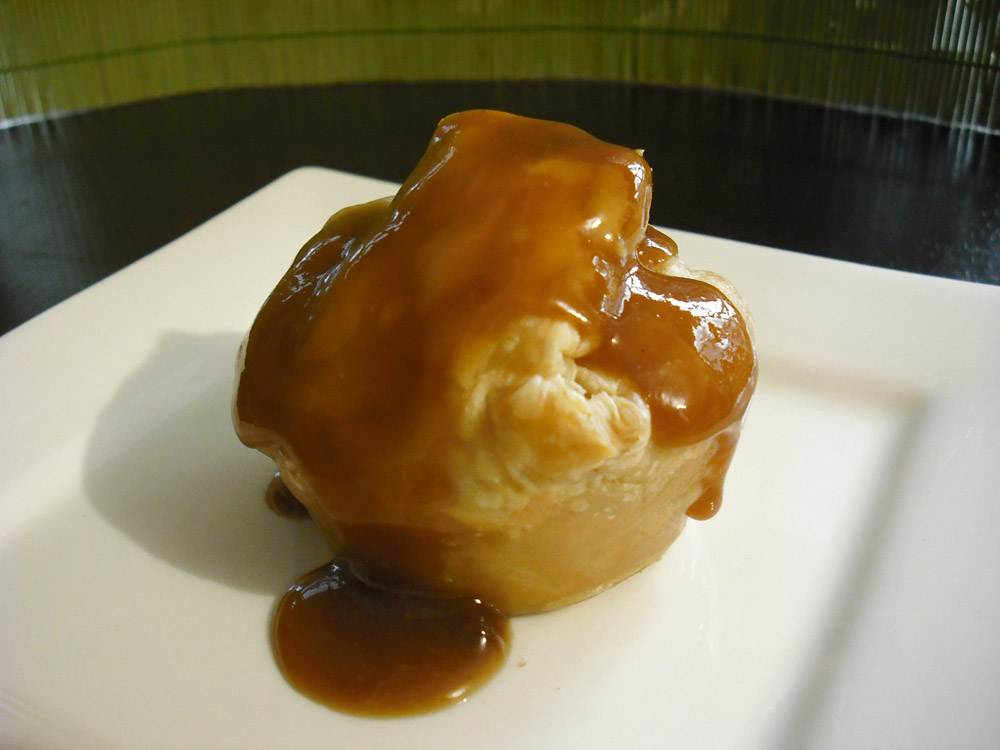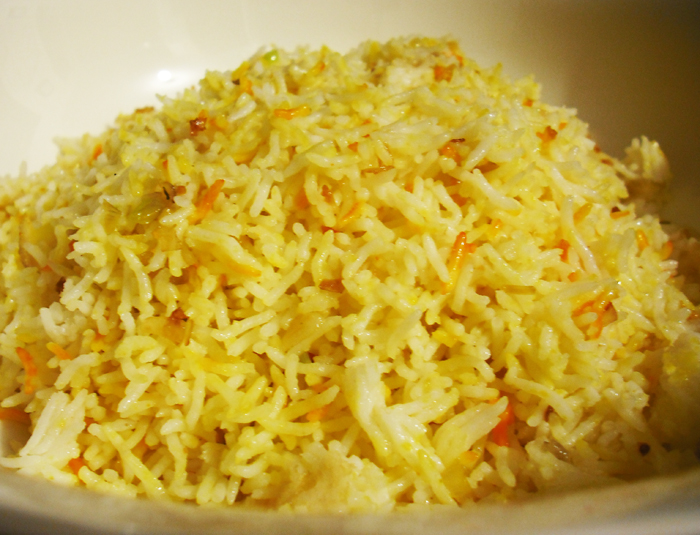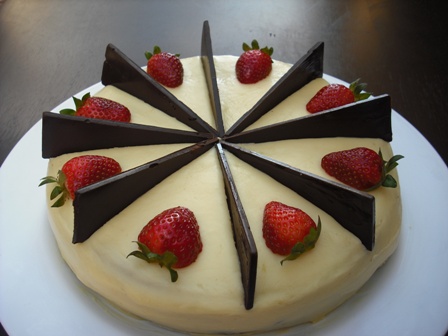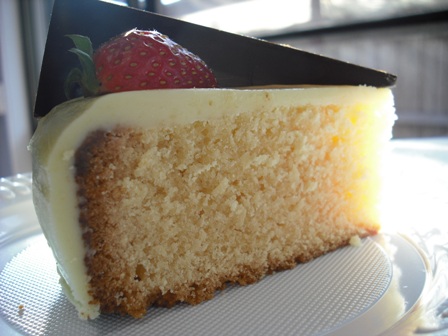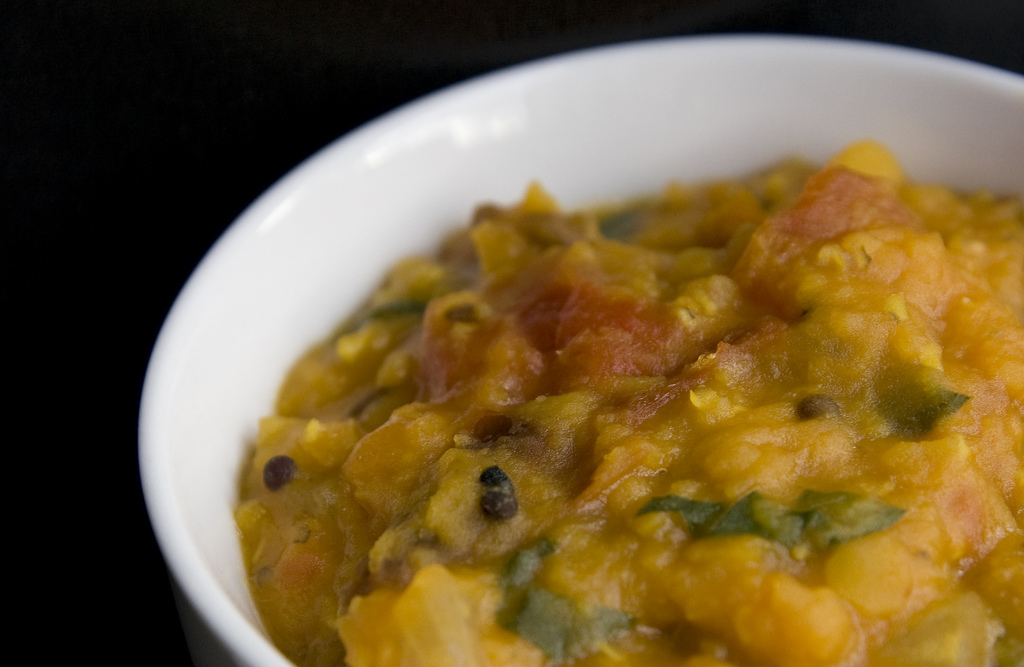Naming your newborn child
“Argh, I’m so confused”
“Do you like this name?”
“No, I don’t like that name!”
Does that sound like you? Choosing a name for your baby can be an exciting yet emotional experience for new parents.
To start off with, there are thousands of beautiful names out there and yes it can be a little overwhelming.
Secondly, you might be worried that your husband (or relatives) will not like your chosen name and therefore the process starts all over again…ahh how stressful can it be, right?
In Islam, it is essential to name your child with a beautiful, nice meaningful name. This name will be used to address him/her in this life and also in the hereafter.
Tips
1.Don’t rush! You have all the time to think about baby names until you have your little one in your arms.
2. Talk about prospective names with your husband. Include your mother, mother in law and other family members in the discussion. Make them feel part of it and it certainly would make them feel happy as they would have played a part in the decision making.
3. Make sure it goes well with his/her surname. So spell out the names and say it out loud (with the surname). Usually if the surname is short, it is nice to have a long first name. For example, “Safiyyah Saad” or “Abdurrahman Jaree”. Or if the surname is long, it is nice to have a short first name. For example, “Alia Abdullah” or “Khalid Abdul-Malik”.
4. Think about whether you’d like to name your child after someone significant, after a sahabah or a prophet.
It is makrooh to deliberately name someone after immoral people such as singers and actors/actresses, etc. If they have good names, it is permissible to use those names, but it must be because of the meaning of the name and not because of the desire to imitate those people.
5. Short list the names you and your husband like.
6. Keep the list to a maximum of 5 names that you and your husband has agreed upon.
7. Choose a name that will not be used as an insult/tease later on when the child goes to school etc.
7. Pray istikarah.
8. Finally, be proud and grateful of the name that you and your husband has chosen!
Read these fatwas on Islam QA for more information :
Giving children western names in order to avoid racial discrimination
Here are a few helpful Islamic websites to help you get started on choosing names:
http://www.muslimbabynames.net/
Etiquette of Eid
Question:
What are the Sunnahs and etiquettes that we should act in accordance with on the day of Eid?.
Answer:
1 – Doing ghusl before going out to the prayer.
It was narrated in a saheeh hadeeth in al-Muwatta’ and elsewhere that ‘Abd-Allaah ibn ‘Umar used to do ghusl on the day of al-Fitr before going out to the prayer-place in the morning. Al-Muwatta’ 428.
Al- Nawawi (may Allaah have mercy on him) said that the Muslims were unanimously agreed that it is mustahabb to do ghusl for Eid prayer.
The reason why it is mustahabb is the same reason as that for doing ghusl before Jumu’ah and other public gatherings. Rather on Eid the reason is even stronger.
2 – Eating before going out to pray on Eid al-Fitr and after the prayer on Eid al-Adha:
Part of the etiquette is not to go out to pray on Eid al-Fitr until one has eaten some dates, because of the hadeeth narrated by al-Bukhaari from Anas ibn Maalik, who said that the Messenger of Allaah (peace and blessings of Allaah be upon him) used not to go out on the morning of Eid al-Fitr until he had eaten some dates… of which he would eat an odd number. Al-Bukhaari, 953.
It is mustahabb to eat before going out to emphasize the fact that it is forbidden to fast on that day and to demonstrate that the fast has ended.
Ibn Hajar (may Allaah have mercy on him) suggested that the reason for that was so as to ward off the possibility of adding to the fast, and to hasten to obey the command of Allaah. Al-Fath, 2/446
Whoever does not have any dates may break his fast with anything that is permissible.
But on Eid al-Adha it is mustahabb not to eat anything until one comes back from the prayer, so he should eat from the udhiyah if he has offered a sacrifice. If he is not going to offer a sacrifice there is nothing wrong with eating before the prayer.
Is it better for woman to pray Eid in the masjid or stay home?
Question:
I know that it is better for women to pray at home, but my question has to do with the Eid prayer. Is it better for women to go out to the Eid prayer or to stay at home?.
Answer:
It is better for women to go out to the Eid prayer. This was enjoined by the Prophet (peace and blessings of Allaah be upon him).
Al-Bukhaari (324) and Muslim (890) narrated that Umm ‘Atiyyah (may Allaah be pleased with her) said: The Messenger of Allaah (peace and blessings of Allaah be upon him) commanded us to bring them (women) out on (Eid) al-Fitr and (Eid) al-Adha, and to bring out adolescent girls, menstruating women and virgins, but the menstruating women were to stay away from the prayer, but were to witness goodness and the gathering of the Muslims. I said: “O Messenger of Allaah, what if one of us does not have a jilbaab?” He said: “Let her sister lend her a jilbab.”
Mistakes made on Eid
Question:
What are the mistakes and wrong actions that the Muslims are warned against on the two Eids? We see some actions which we denounce such as visiting graves after the Eid prayer and staying up to worship on the night of Eid….
Answer:
As Eid is approaching, we would like to point out some things that some people do out of ignorance of the laws of Allaah and the Sunnah of the Messenger of Allaah (peace and blessings of Allaah be upon him). These include the following:
1 – The belief of some that it is prescribed to spend the night of Eid in worship.
Some people believe that it is prescribed to spend the night of Eid in worship. This is a kind of innovation (bid’ah) that is not proven from the Prophet (peace and blessings of Allaah be upon him). Rather it was narrated in a da’eef (weak) hadeeth which says, “Whoever stays up on the night of Eid, his heart will not die on the day when hearts die.” This hadeeth is not saheeh. It was narrated via two isnaads, one of which is mawdoo’ (fabricated) and the other is da’eef jiddan (very weak). See Silsilat al-Ahaadeeth al-Da’eefah wa’l-Mawdoo’ah by al-Albaani, 520, 521.
It is not prescribed to single out the night of Eid to pray qiyaam to the exclusion of all other nights, unlike the one whose habit it is to pray qiyaam, in which case there is nothing wrong with him praying qiyaam on the night of Eid.
2 – Visiting graves on the two Eid days.
This is contrary to the purpose of Eid which is to express joy and happiness, and it goes against the teaching of the Prophet (peace and blessings of Allaah be upon him) and the actions of the salaf. It comes under the general meaning of the Prophet’s prohibition on visiting graves on a specific day and making that like a festival, as the scholars stated.
See Ahkaam al-Janaa’iz wa Bida’uha by al-Albaani, p. 219, 258.
3 – Forsaking the jamaa’ah and sleeping late and missing the prayer.
Unfortunately you see some of the Muslims missing the prayer and forsaking the jamaa’ah. The Prophet (peace and blessings of Allaah be upon him) said: “The covenant that stands between us and them is the prayer; whoever forsakes it is a kaafir.” Narrated by al-Tirmidhi, 2621; al-Nasaa’i, 463; classed as saheeh by al-Albaani in Saheeh al-Tirmidhi.
And he said: “The most burdensome prayers for the hypocrites are the ‘Isha’ and Fajr prayers. If they knew (what goodness) there is in them, they would come to them even if they had to crawl. I had thought of ordering the call to prayer to be given, then I would tell a man to lead the people in prayer, then I would go, taking some men with me carrying bundles of wood, to people who do not attend the prayer, and would burn their houses down around them.” Narrated by Muslim, 651.
How to prepare for Ramadan this year, 2009.
A lot of us yearn to prepare for Ramadan, but we have no idea how to start. Below are a few tips to insha’Allah help prepare our minds and hearts for this upcoming Month of Mercy.
1. Making the Intention
Simple to do and has a powerful impact. Maybe you want to prepare for Ramadan, but between school, work, family, and any other activities, you just have no idea how to fit in ‘Preparing for Ramadan’ time. Instead of making ‘preparing for Ramadan’ something separate from your daily activities, MAKE your daily activities a means of preparation for Ramadan.
For example, perhaps your mom asked you to pick up your brother from school on the day you finally had time to read a few extra pages of Qur’an. Instead of feeling upset and feeling like you have lost a great preparation for Ramadan opportunity, make the intention that you are picking up your brother to please Allah subhanahu wa ta’ala and prepare for Ramadan by obeying your mother, helping your family members, building ties of kinship… and the list continues.
The point is that preparing for Ramadan does not have to be some magnificent, enormous, extra-special thing that needs to be done at a certain time of the day. Many of your daily actions can be turned into Ramadan preparation actions with a sincere intention, insha’Allah.
Continue Reading…
Can a woman breastfeed her child in front of her mahrams?
Question:
Is it permissible or not for a woman to uncover her breast in front of her mahrams in order to breastfeed her child, if there is no fear of fitnah?
Answer:
A woman’s ‘awrah before her mahrams such as her father, brother, and brother’s son is her entire body except that which ordinarily appears such as the face, hair, neck, forearms and feet. Allaah says (interpretation of the meaning):
“and not to reveal their adornment except to their husbands, or their fathers, or their husband’s fathers, or their sons, or their husband’s sons, or their brothers or their brother’s sons, or their sister’s sons, or their (Muslim) women (i.e. their sisters in Islâm)” [al-Noor 24:31]
How to raise righteous children
Question:
I find disciplining my children difficult and often become angry and beat them. Can you give me any advice on the subject, as well as any books that would be appropriate to read?
Answer:
Raising and educating children is one of the duties required of parents. Allaah has enjoined that in the Qur’aan, and the Messenger (peace and blessings of Allaah be upon him) also enjoined that. Allaah says (interpretation of the meaning):
“O you who believe! Ward off yourselves and your families against a Fire (Hell) whose fuel is men and stones, over which are (appointed) angels stern (and) severe, who disobey not, (from executing) the Commands they receive from Allaah, but do that which they are commanded”
[al-Tahreem 66:6]
Imam al-Tabari said, commenting on this verse:
Here Allaah is saying: O you who believe in Allaah and His Messenger, “Ward off yourselves” teach one another that which will protect those who do it from the Fire and ward it off from them, if it is done in obedience to Allaah and they do it in obedience to Allaah. The phrase “and your families against a Fire” means, and teach your families to do acts of obedience to Allaah so that they may protect themselves from the Fire.
Tafseer al-Tabari, 18/165
First Ever American Muslim Mom Online Magazine Launched!
(Hamden, CT) July 17, 2009– AmericanMuslimMom.com is the first and only online magazine that offers free tips, tools, reviews, contests and resources for Muslim Moms living in America.
AmericanMuslimMom.com is an online magazine aimed for Muslim Moms living in America or American Muslim Moms living aboard. American Muslim Mom began as a family blog in 2005, and has blossomed to a repository of useful articles for Muslim Moms aimed to help them with all aspects of raising Mu’miniyn (true believers) in a non-Muslim country.

